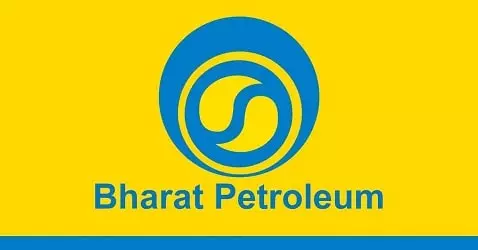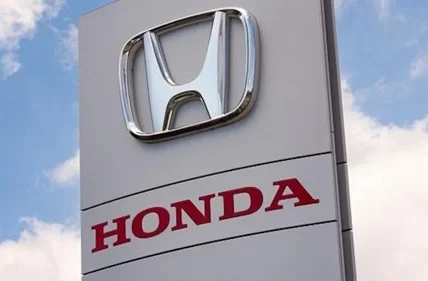Bharat Petroleum Corporation Limited or BPCL happens to be one of the leaders in the Indian Petroleum Industry. The company carries a very rich and varied history. With a visionary leadership, the company has flourished over the years. With a long and strong commitment, BPCL has come up with absolute success. Here we talk about all the details of the company.
| Net worth | $11.16 billion |
| CEO | Krishna Kumar Gopalan |
| Founder | Government of India |
| Head Office | Mumbai, Maharashtra |
Net Worth of Bharat Petroleum:
Indian energy giant BPCL is affluent. Net worth shows BPCL’s market and financial health. The value is $11.16 billion.
CEO of Bharat Petroleum:
Chief Executive Officer Krishna Kumar Gopalan leads BPCL. BPCL depends on his strategy and leadership. Energy knowledge helped BPCL succeed.
Founder of Bharat Petroleum:
BPCL, a government-owned oil company, has no founder because India nationalized its sector. The Indian government created the firm to concentrate and control petroleum.
BPCL was Burmah Shell’s Indian successor. Independence in 1947 nationalized the petroleum sector and created Bharat Petroleum.
Head Office of Bharat Petroleum:
Bharat Petroleum is headquartered in Mumbai, Maharashtra. BPCL’s headquarters is Bharat Bhavan, 4 & 6 Currimbhoy Road, Ballard Estate, Mumbai 400001, Maharashtra.
Main office is BPCL’s administrative and decision-making center. BPCL runs its energy and petroleum businesses here.
History of Bharat Petroleum:
India’s petroleum boom shaped BPCL. BPCL leads the energy industry with its accomplishments.
Period before Independence
BPCL descended from Burmah Shell Company in India. Burmah Shell found, processed, and marketed oil.
Post-Independence
After independence in 1947, India nationalized the petroleum sector to control it. In 1952, Bharat Petroleum was created.
Later years
BPCL refined, sold, and disseminated throughout the 1960s and 1970s. Growing, the firm became renowned for excellent goods and services. BPCL built refineries and facilities in the 1980s and 1990s to address India’s energy needs. It added petrochemicals.
BPCL addressed 21st-century market dynamics. Sales of gasoline goods and services started in India. Initiatives are strategic International partnership helped BPCL rise in energy. Company values were sustainability and the environment. India may privatize BPCL as part of its economic reforms. Privatization draws investors and stakeholders. BPCL’s history shows its resilience, flexibility, and commitment to India’s energy demands. As energy changes, the corporation is vital to national energy security and sustainability.
In brief, this short set of details regarding BPCL clearly indicates that the company has been steady in its progress. At present the company has reached such a level, that the whole nation is getting the fruit of its progress.















